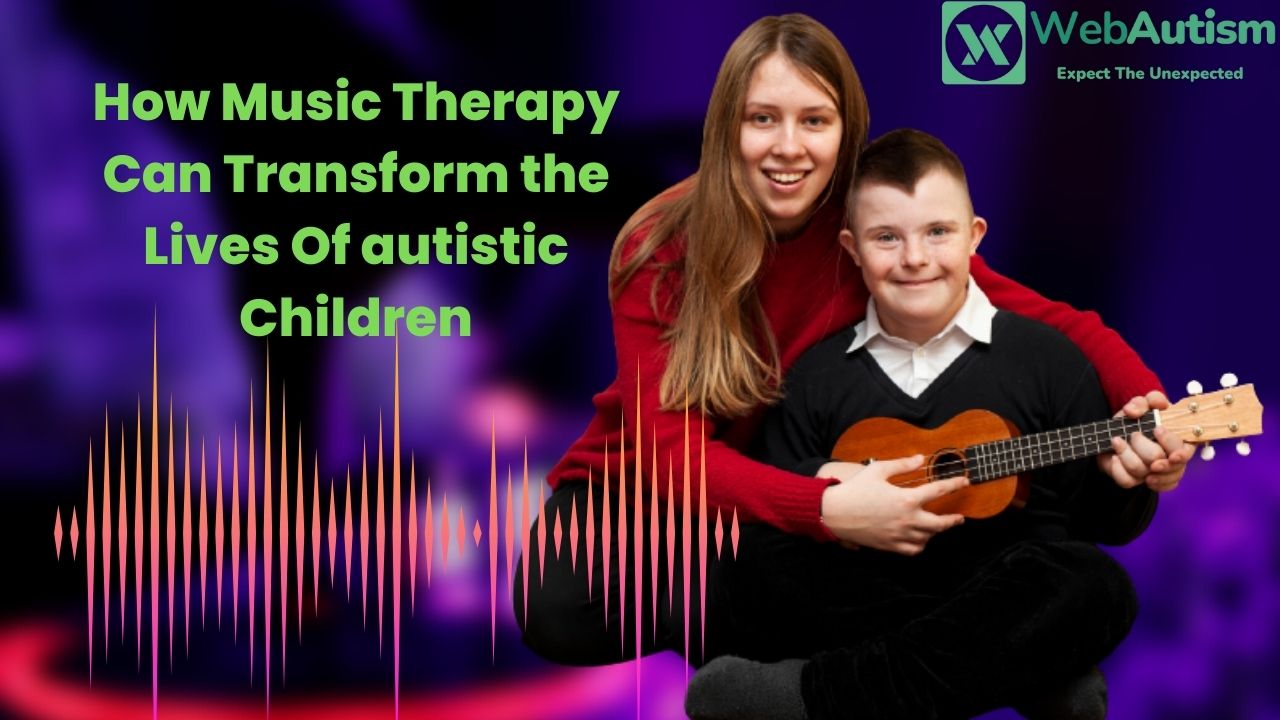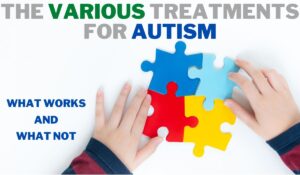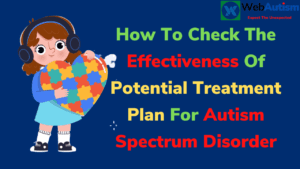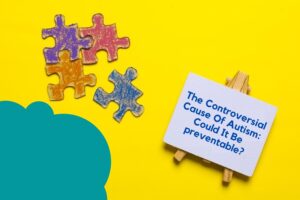Music therapy can help some autistic children and adults in communication, social interaction, and increasing focus. Benefits from music therapy for Autism Spectrum Disorder are visible on an individual basis, but the impact can be transformative for the person’s family, too. It can transform the lives of Autistic children.
What is music therapy?
Children diagnosed with ASD are usually sensitive to light, music and sounds. That is why light therapy & music therapy is very effective, especially when it’s combined with evidence-based autism therapy methods (like positive reinforcement and visual scheduling).
When you take your autistic child to a session, they will learn one or more of these musical skills based on treatment-oriented and therapeutic techniques like
- Dancing
- Listening to music
- Computer-based music activities
- Instruments playing
- Singing
- Songs Writing
Music therapy provides autistic children with a sense of consistency, familiarity, organization, predictability, and structure. This is important for children with ASD tend to struggle in these fields.
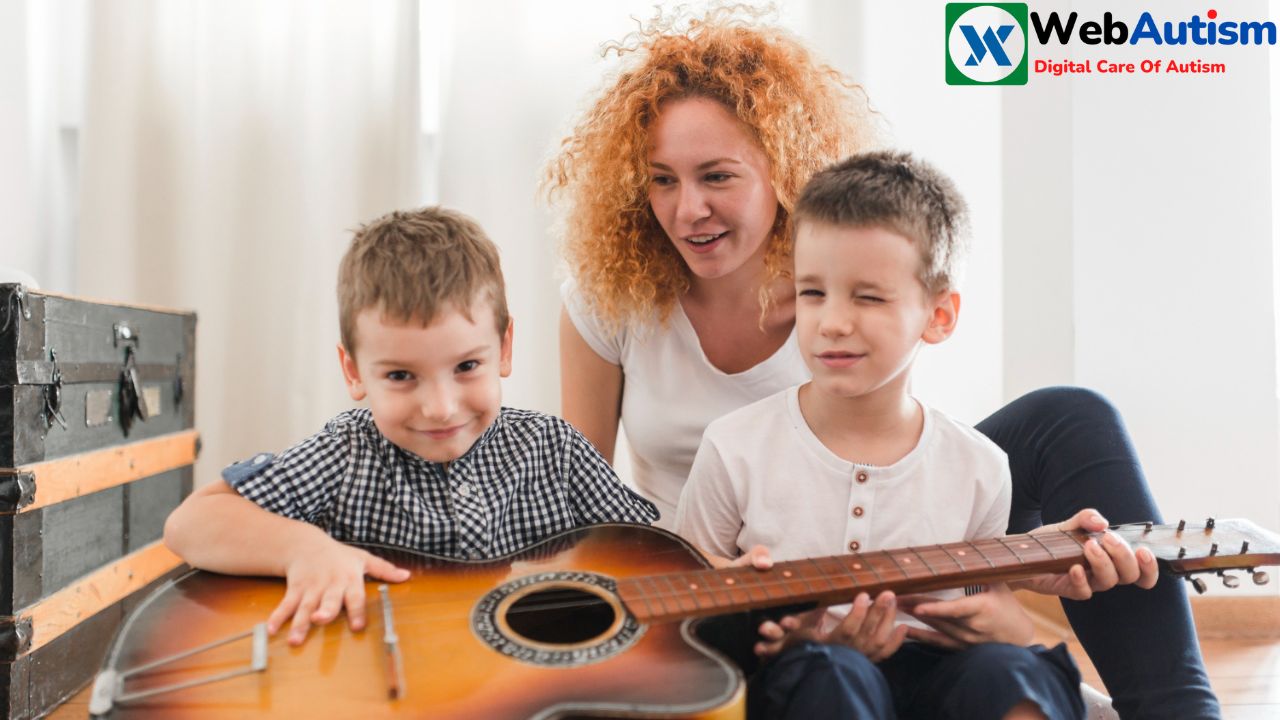
Effectiveness of music therapy in ASD
Music therapy impact on the brains of children with ASD:
- The connection between the parts of the brain that are responsible for auditory/hearing functions and motor skills improved.
- The connection between the parts that are responsible for hearing and visual functions is reduced.
Because of this, the behaviour of autistic children who undergo music therapy sessions improves.
In the same way, music therapy improves the social skills of children with ASD due to the decreased link between their visual and hearing brain parts. Music therapy decreases their sensitivities to both lights and noises, and it allows them to concentrate on social situations without getting distractions by brightness or loud sounds.
When you take your child to a music therapy session, you should tell to the therapist about your child’s unique skills and needs so that they create a personalized therapy plan for them.
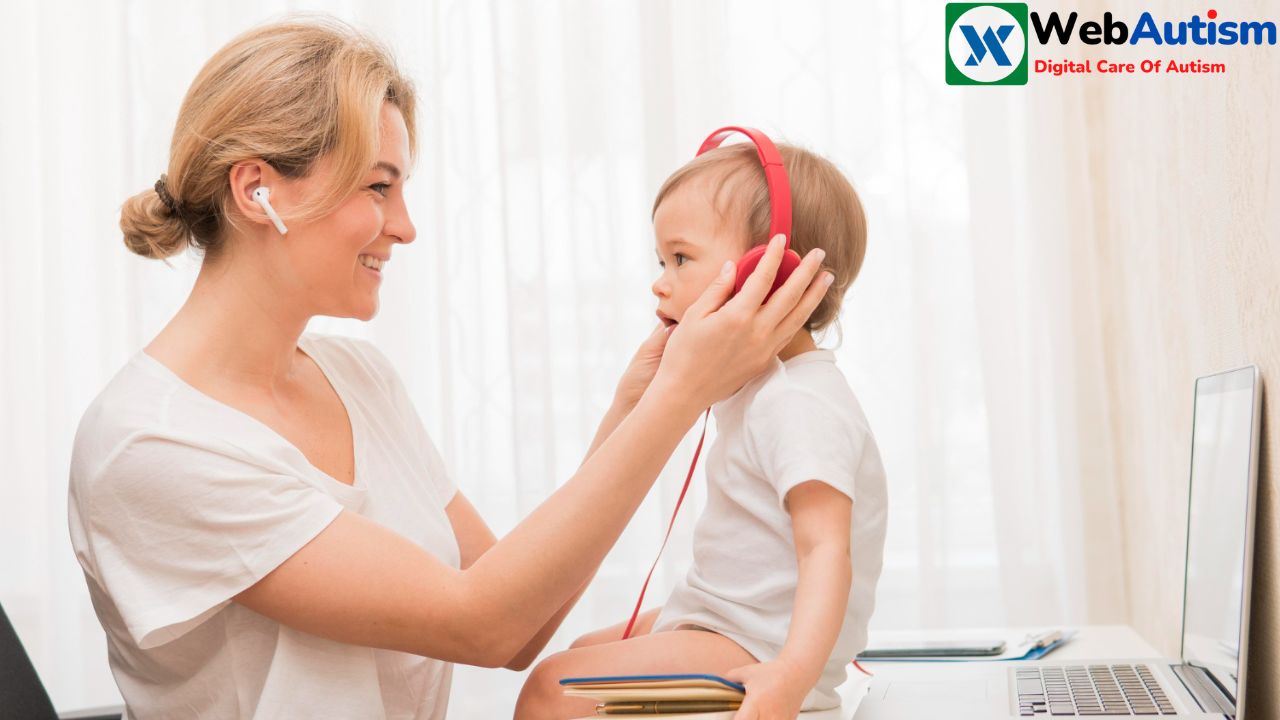
Music therapy session-
Music therapy lessons are based on the child’s circumstances and abilities. Then the provider determines which of the structure suits your child’s requirements:
- Child-Led Sessions: The child selects their own musical interests (such as instruments that they like) and develops their skills without following a strict deadline or structure. The therapist also customizes the lessons based on your child’s interests.
- Structured Sessions: These are useful for children with ASD that respond better to predictability, consistency, and organization. Structured sessions have timelines and weekly schedules.
Also Read:-Play Therapy-How much useful for Autistic Children?
Another aspect is the aids and techniques that therapists use during these sessions, including:
- Sensory Support: They can either decrease or increase sensory stimulus (depending on what your child requires).
- Visual Support: Visual schedules, visual-based language tasks, and a picture exchange communication schedule (PECS) are useful for autistic children that have a strong visual sense.
- Video Modelling: Video modelling sequences direct musical lessons. It can improve an autistic child’s communication skills, language, social, and motor skills.
These approaches will make music therapy medically useful and, at the same time, fun for your autistic child.
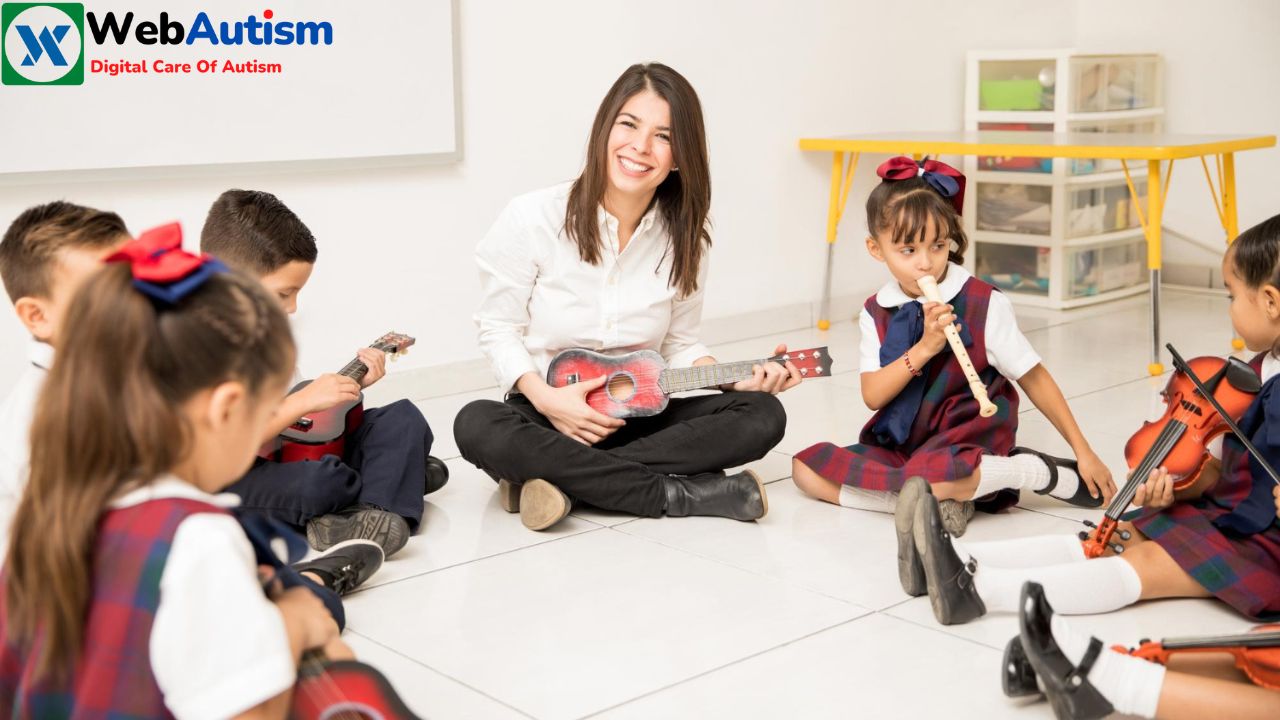
Promote Music Therapy in Your Autistic Child
Music therapy can act as a fun and entertaining place where children with ASD can direct their stimuli-creating energy towards productive and therapeutic works. Every parent should note these points-
- Attend the session yourself, at least in the beginning and until your child gets comfortable in music therapy.
- Many autistic children respond better to these treatments when they’re done at home
- Select songs that make your child feel safe and comfortable, and share them with their therapist.
- Point out how music classes can make repetitive tasks fun and entertaining.
- Convince your child how learning to sing, dance, or play an instrument can make it easier for them to develop relationships with others based on common interests and hobbies.
- In the same way, Music therapy will assist them with making friends
- Learn about how you can keep implementing therapeutic methods (such as positive reinforcement) at home.
Music therapists use evidence-based methods that provide your child comfort and convenience while they enhance their skills.

